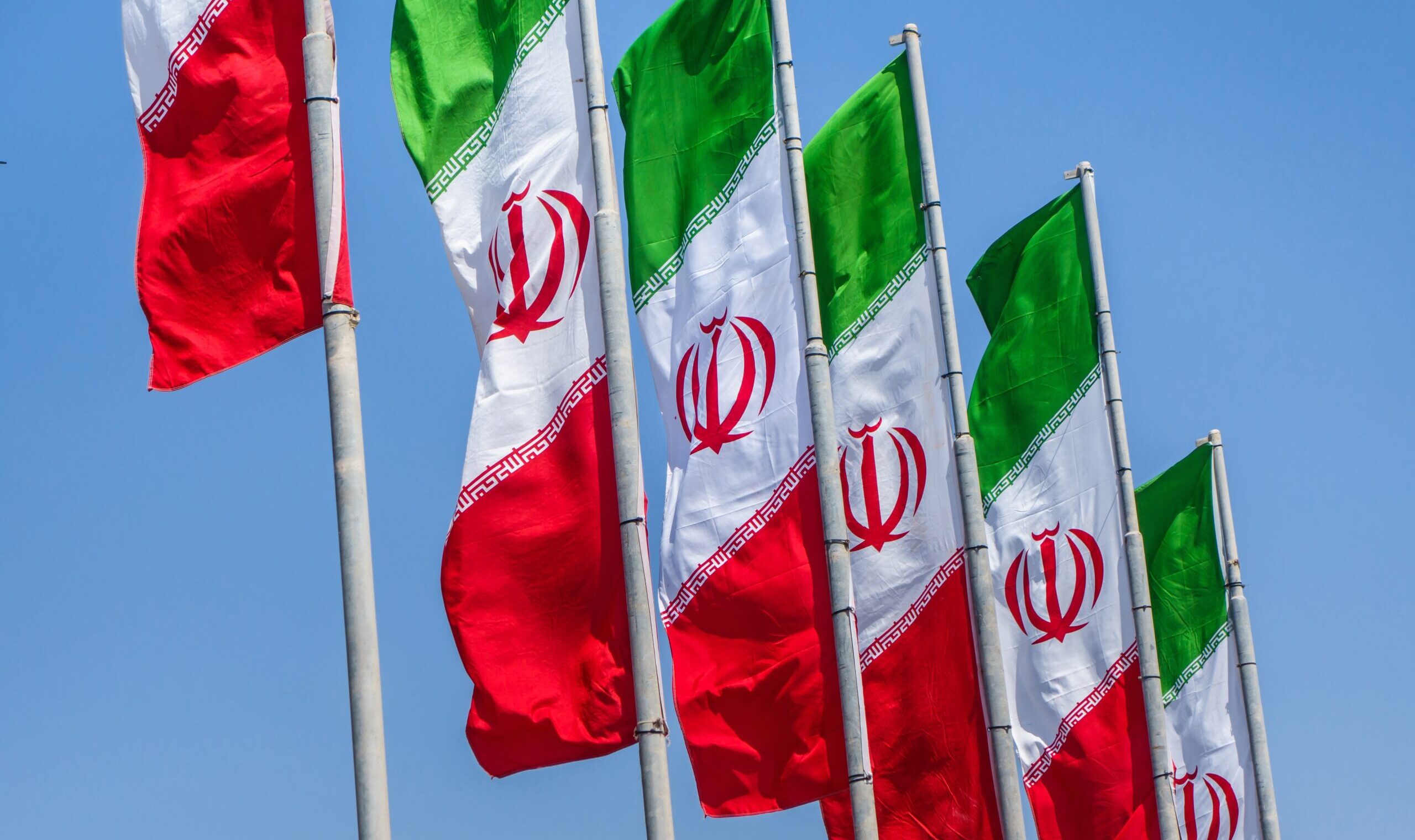Marco Rubio Favors Greater Chaos in Syria (II)
Marco Rubio inhabits a fantasy world:
Our allies in this mission should take the main responsibility for arming and training the most capable and trustworthy rebels now. But the U.S. should make clear that we stand ready to step in and fill key gaps between the rebels’ military needs and our allies’ capabilities. Empowering and supporting Syria’s opposition today will give us our best chance of influencing it tomorrow, to ensure that revenge killings are rare in a post-Assad Syria and that a new government follows a moderate foreign policy [bold mine-DL].
Have the forces that the U.S. supported in previous military interventions refrained from engaging in reprisals against their enemies? No, they haven’t. Reprisals continue against towns considered to have been pro-Gaddafi in Libya and the Krajina Serbs were violently displaced seventeen years ago when they were driven out by a U.S.-backed Croatian offensive. Not only did U.S. support for one side in these conflicts not prevent these acts, but in both cases U.S. policy made them possible. Previous Cold War-era policies of arming insurgents in civil wars have not prevented insurgents from carrying out atrocities against their enemies and civilians caught in the middle. It is an illusion that the U.S. will be able to rein in or control the groups that the U.S. and other states arm once the weapons have been distributed.
Rubio has no way to know what kind of foreign policy a post-Assad Syria would have, and there is no reason to expect that U.S. support for anti-regime forces now would translate into a foreign policy that Washington would like later. Has the government in Iraq, for example, pursued what Rubio would consider a “moderate” foreign policy? Not really, unless Rubio considers Iraq’s relationship with Iran and its tacit support for Assad to be examples of foreign policy moderation. The truth is that U.S. support for the Syrian opposition would guarantee no control over the conduct of the opposition or the nature of the future Syrian government. Rubio is trying to sell the public on misguided proposals with the idea that the U.S. will be able to exercise control over the groups that it supports inside Syria, but there is no way to establish that control, and no way to ensure that weapons provided by the U.S. and other states would not used in the commission of future atrocities.
Rubio warns that failure to become more involved will “prolong this conflict and allow Syria to hurtle toward becoming a radicalized, failed state whose violence will spill over and threaten its neighbors,” but this is an attempt to distract from the bad idea of deeper U.S. involvement in Syria’s conflict. Everything Rubio proposes would do exactly what he claims non-intervention would do. Facilitating the arming of the Syrian opposition would prevent none of these things, and would guarantee all of them. No one should listen to what Rubio has to say on this subject.
